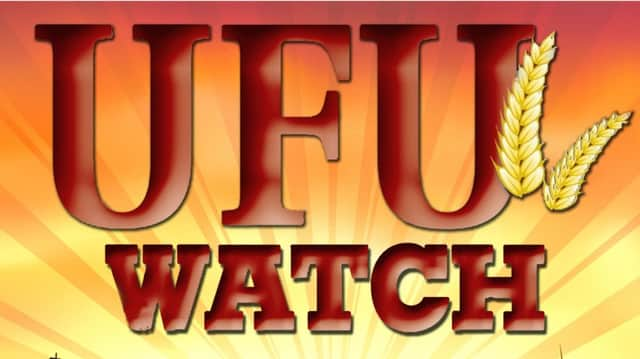Importers are being warned to consider the risks of bluetongue


The call from the UFU’s membership comes after the virus was identified in Great Britain, following post-import testing, in animals for the third time in less than 12 months. All of the infected animals have been slaughtered and no compensation was paid to the owners.
The midge borne disease has been circulating around Europe during the last year, with cases in France, Switzerland, Cyprus, Portugal, Spain, Greece and Italy and we are keen to ensure that the disease is not introduced into Northern Ireland. The introduction of bluetongue would have severe consequences for the health and welfare of our cattle and sheep. Furthermore, any introduction of the disease would result in widespread movement restrictions, costly disease surveillance and the loss of our disease-free status, which can have a large impact on international trade.
Advertisement
Advertisement
In order to continue to protect our herds and flocks, we must be vigilant when importing from high-risk areas and consider is it really necessary to import animals from areas where bluetongue is present. Importers need to be aware of the risk they are exposing the national herd and flock to and they must consider pre-export testing of animals to be imported from a bluetongue affected area. Such tests should provide a clear confirmation of the animal’s bluetongue and vaccination status.
Furthermore, upon arrival, the movement of animals will be restricted until the required post-import testing has been carried out. It is important to note that if animals are found to be infected, they will be culled with no compensation in order to protect the rest of the national herd and flock. Additionally, any premise found to have bluetongue infected animals present will be placed under strict movement restrictions for a number of weeks whilst extensive disease surveillance is carried out.
Our message to all livestock importers is to ensure they have early discussions with their vet and DAERA before importing stock and to give serious consideration to avoiding purchasing stock from high risk bluetongue areas.